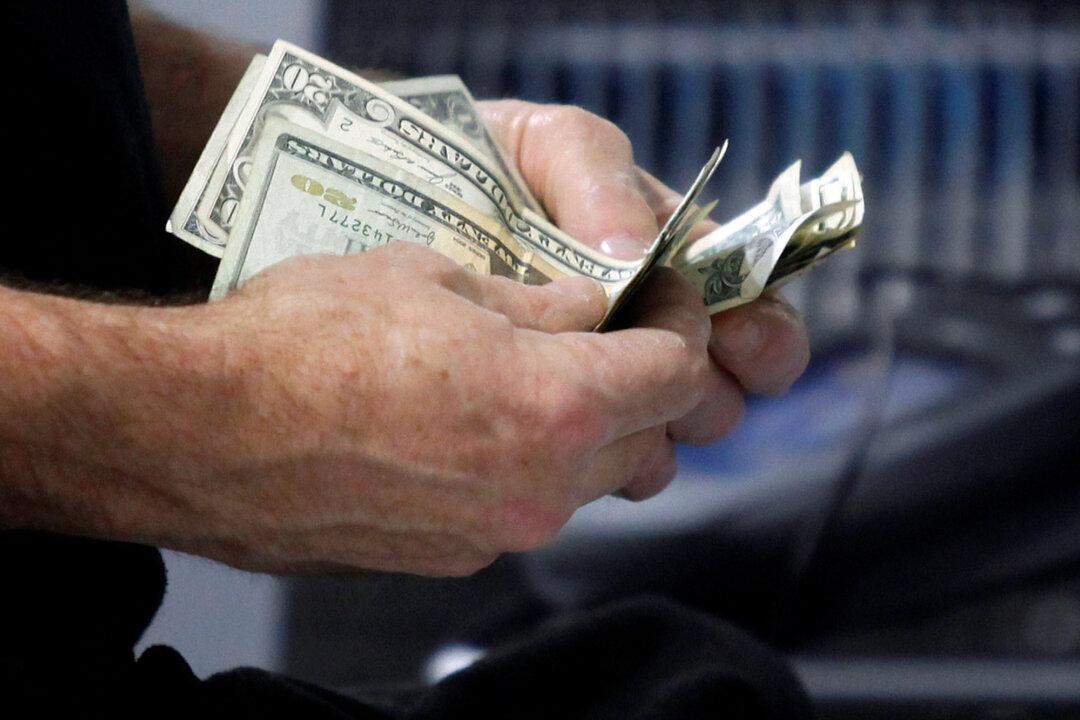Los Angeles has just moved one step closer to banning cashless retail businesses, with the LA City Council on Tuesday ordering staff to prepare a policy proposal that would ensure cash can always be used to buy in-person goods and services in what would be a blow to the push for a cashless society.
At a regular meeting of the LA City Council on Oct. 3, members considered a motion (pdf) put forward in August by Councilwoman Heather Hutt, who wants to prevent people in Los Angeles from being forced to go cashless.





